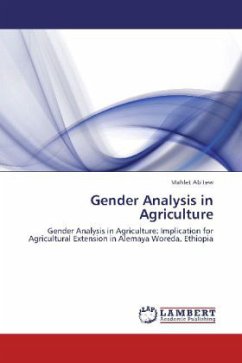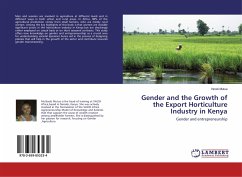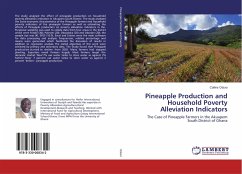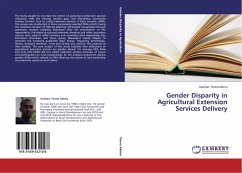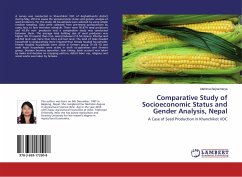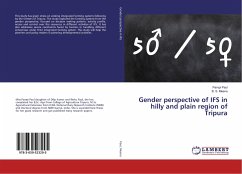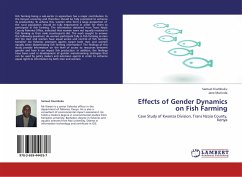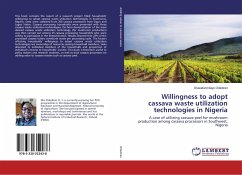This study deals with gender analysis in agriculture. Data were collected from proportionally selected 109 MHHs and 36 FHHs. The result of the analysis revealed that FHHs are less educated and relatively poor in endowment of crucial resources such as land, livestock and labor: while FHHs have better access and control over resources and benefits, whereas productive resources and benefits are vested on the husbands; though women have a vital role to play in crops and livestock production, they are not as such considered as farmers and their contribution is undermined by development agents, thus women FHHs in particular, have no contact with the agents and access to formal sources of credit and improved technologies is very limited. Access to information, technology and credit by women, particularly FHHs, need to be improved to achieve growth with justice. MHHs and FHHs have different priorities and constraints. Therefore, extension plans and services are to be designed in such a way that priorities of both households are addressed. Gender awareness creation training for DAs besides increasing the number of female DAs would make the extension system more gender sensitive.

